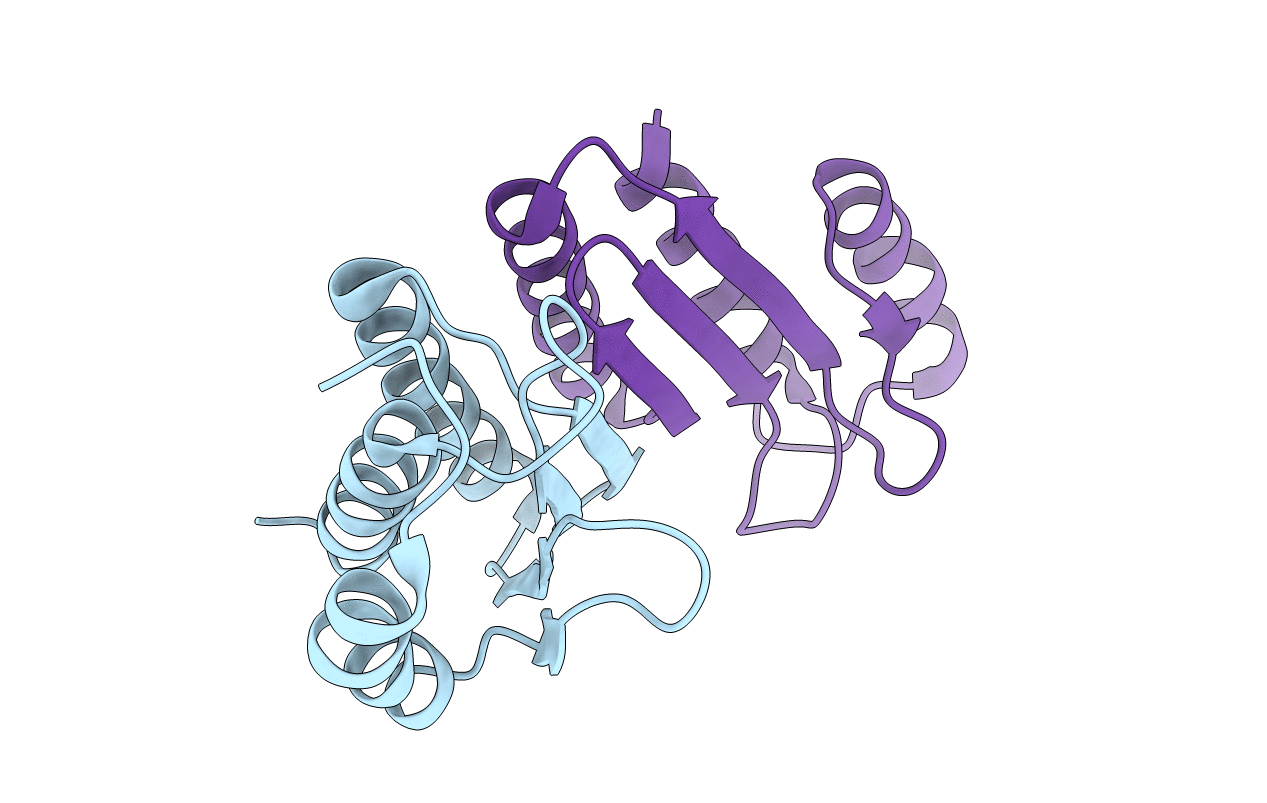
Deposition Date
2014-09-26
Release Date
2014-12-31
Last Version Date
2023-09-27
Entry Detail
Biological Source:
Source Organism(s):
Mus musculus (Taxon ID: 10090)
Expression System(s):
Method Details:
Experimental Method:
Resolution:
1.36 Å
R-Value Free:
0.17
R-Value Work:
0.15
R-Value Observed:
0.15
Space Group:
P 31 2 1


